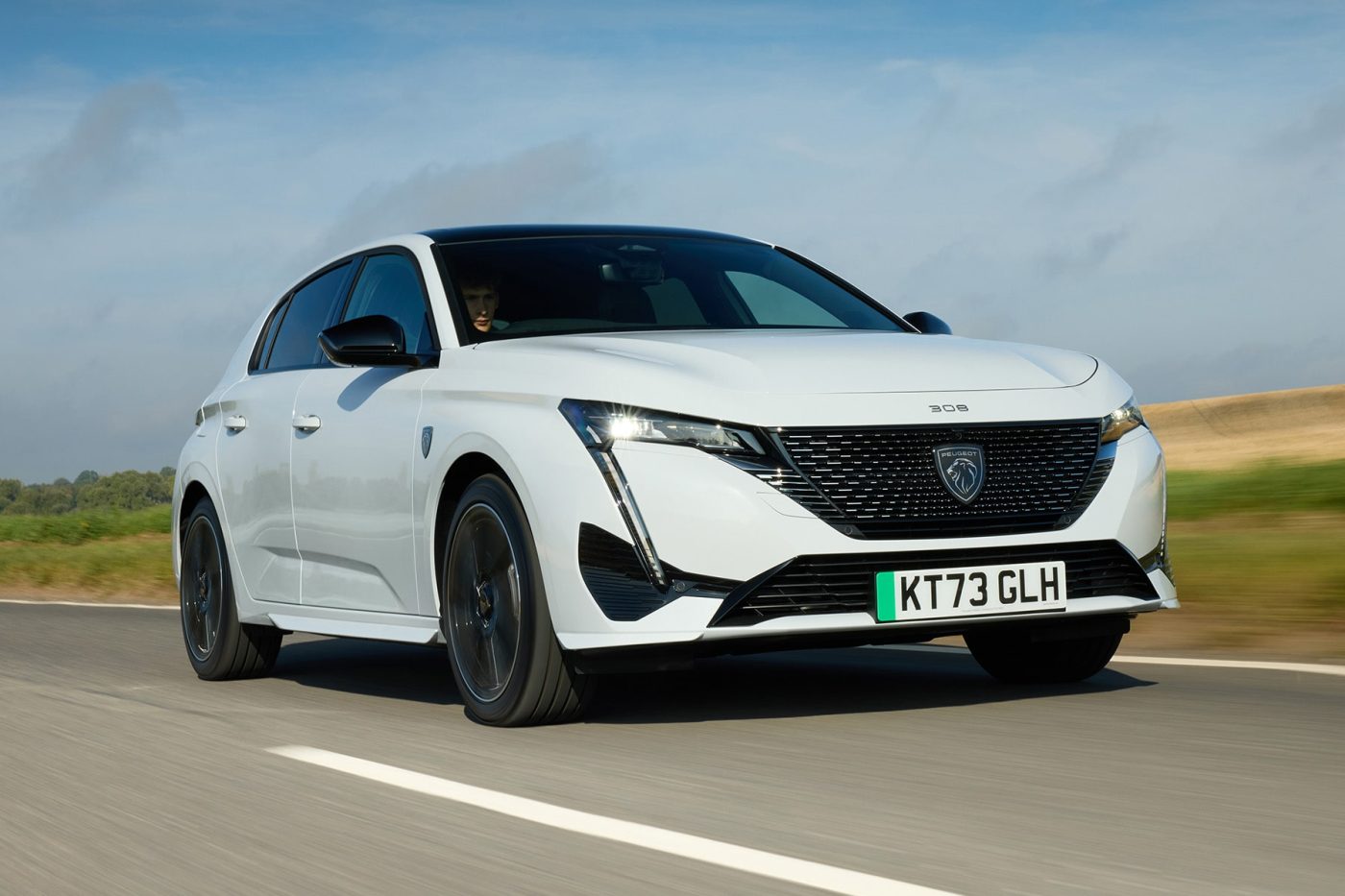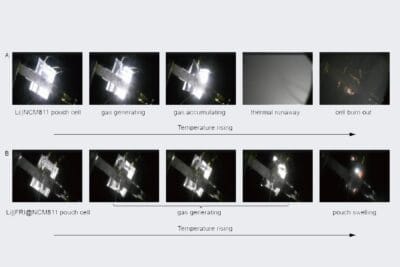Three-year delay looms for electric car tariffs between EU and UK
As Bloomberg and Politico report, citing insiders, the EU Commission will recommend a three-year delay to the member states, meaning that the rules of origin for electric cars will not come into force until 2027 instead of 2024. The majority of EU countries are known to favour this solution, which has been demanded by the automotive industry and the British government. The postponement is therefore likely to be a formality.
According to Politico, the EU Commission will also announce a package of financial support for the European battery industry in order to allay the concerns of some member states that the rule change could increase dependence on Chinese batteries.
Last week, there was already movement in the struggle for a compromise solution between the EU and the UK on the rules of origin for electric cars, but there was still talk of three solution options: postponing the entry into force of the rules of origin for electric cars by the aforementioned three years to 2027, a “buffer” of one year or maintaining the current plan for the rules to come into force on January 1, 2024. With these options, the Commission is trying to “strike a balance between protecting the car industry and creating incentives for more battery production in the EU”, Bloomberg reported last week.
In the course of Brexit, the UK and the EU agreed that from 2024, only those electric cars whose components originate 45% by value from the EU or the UK can be sold duty-free across the English Channel; for batteries, this quota is as high as 60%. If this is not the case, customs duties of ten per cent will be levied. This policy is intended to promote the development of a European battery supply chain.
The British government subsequently asked for the implementation of the rules to be postponed for three years. However, the EU rejected this request in the summer.
As reported by the Financial Times in September, the majority of EU countries are now said to favour an uncomplicated postponement of three years, including Germany and the UK. However, some are also said to be open to the one-year transitional arrangement, which Bloomberg reports as being complicated. France has so far been the only major member state to oppose a complete postponement.
Car manufacturers on both sides of the Channel would most likely welcome a postponement until 2027. Bloomberg reported last week that the industry feared that the tariffs could cost the sector €4.3 billion over the next three years.





0 Comments